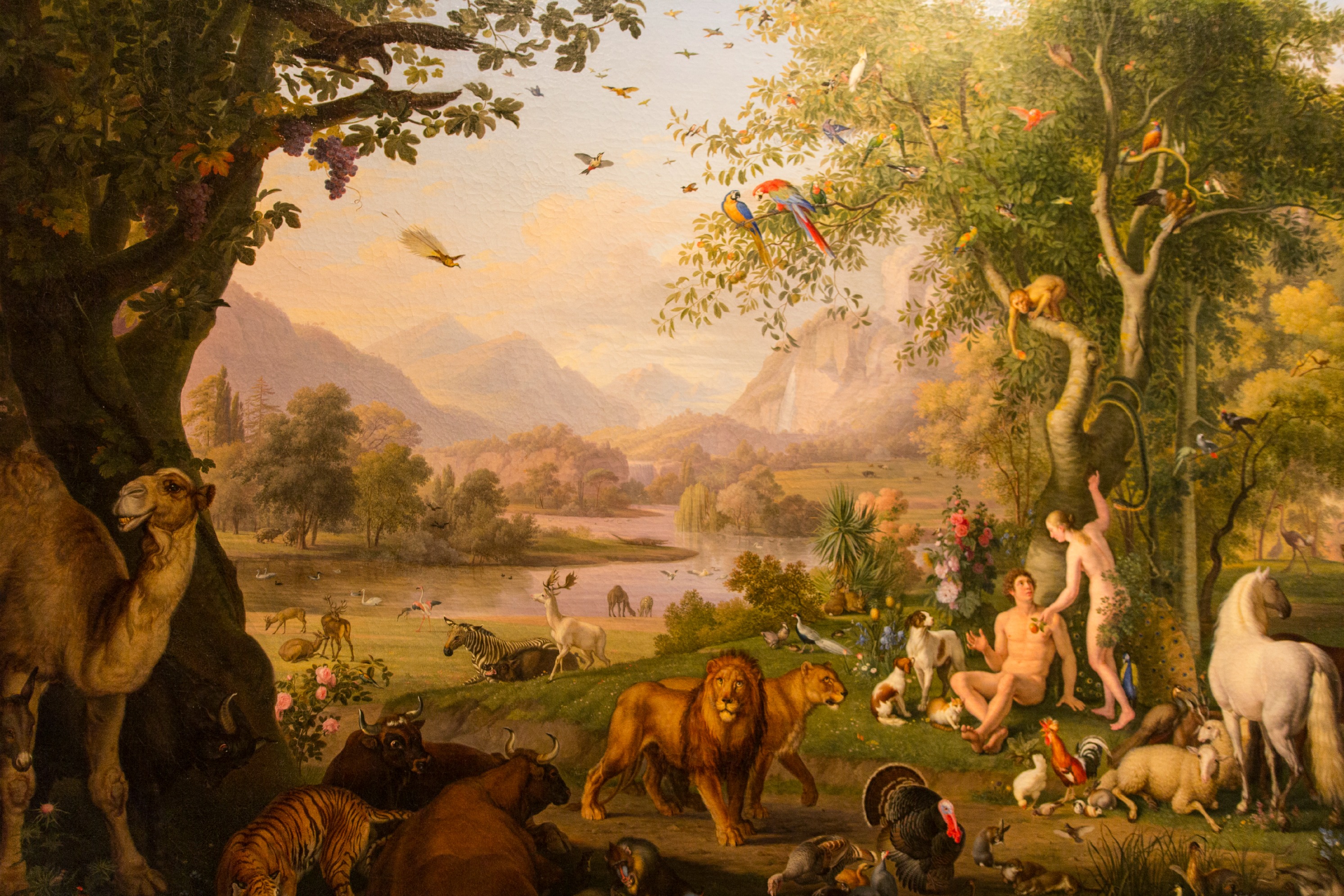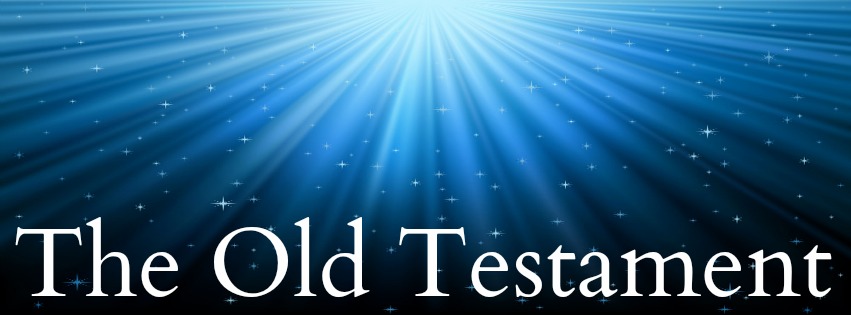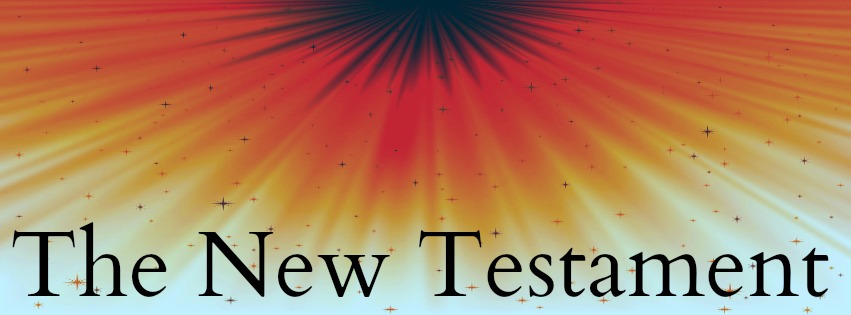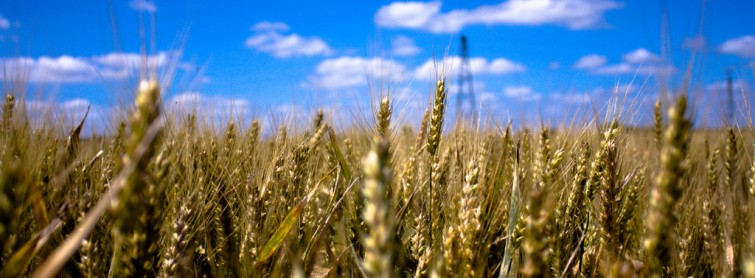Though the Bible is filled with many different books and authors, it tells a cohesive story about the history of the world, functioning within God’s holistic and redemptive purpose – from creation, to new creation. God’s creative activity unfolds throughout scripture, providing a meta narrative that reveals our God and his plan for the entire created order.
The Bible begins and ends with creation, and ultimately uses creation as a way of reflecting on the nature of God, of humanity and of His plan for the cosmos. Scripture affirms that God has been intimately bonded to creation from before the creation of the world, in the now, and through to the ‘not yet’.
Original Creation
One of the most well-known stories in the Bible is the seven day creation of the world seen in Genesis 1. This chapter reveals the creative process and creative nature of God, and sets the foundation for creation as a theme throughout the Old and New Testaments.
Through God’s creative activity, we learn that our God is a God who is actively present within his creation, and who continues to care for and sustain this creation throughout history.
Genesis 2 outlines the creation of the first man and woman, and once again reveals a God who is deeply connected to the earth, so much so that he breathes his own breath into Adam as part of his creative process.
When we come to Genesis 3 we see that all is not well within creation. Though God is seen to be walking with Adam and Eve in the garden, they have forgotten God’s creative generosity and have taken it for granted. In eating from the tree, Adam and Eve set off a chain of events which not only affects their own existence, but unravels the very fabric of the created order. This unravelling will continue to deteriorate until God takes action in Genesis 6.
The Flood
By Genesis 6, the created order has declined into a state of irreparable disrepair, and God feels compelled to take matters into his own hands. Scripture describes God’s grief and regret at having created, and his plans to flood all of creation and remake it through Noah.
In carrying out His plans, God is returning the earth to its pre-creation state of watery chaos that preceded his six day creation process – he is carrying out a systematic reversal of his own creation. This ‘de-creation’ is done by destroying everything in the order that it was created;
- The windows of heaven are opened, and the fountains of the deep are released. This parallels Genesis 1 where God separated the water from the land
- Noah’s ark is seen as floating on the face of the waters, an echo to God’s spirit which hovers over the face of the waters
- Land animals, birds and sea creatures are destroyed
- Humans are destroyed
- God manifests a wind to blow over the waters, alluding to the breath of life God gives in Genesis 2
Finally, the flood episode ends with a reinstatement of the original creation – God gives Noah and his family directions akin to what he gave Adam in the garden, and even instructs him to “be fruitful and multiply”, an exact replica of the command given to Adam and Eve.
After establishing a convenant with Noah, God offers him a sign in the form of a piece of creation – a rainbow.
The Torah and Deuteronomistic History
God’s desire to renew his created order is bound up with the renewal and recreation of Israel as a nation. The writer of the Torah describes this and acknowledges God as the creator of the earth;
“Behold, to the Lord your God belong heaven and the heaven of heavens, the earth with all that is in it.”
These first books of the Bible also point to the responsibility that we have as humans to become diligent stewards of creation. Leviticus states that creation is the property of God, and is not to be defiled. Moses, the likely author of Leviticus, even commands that creation itself, including the land, will observe the Sabbath.
In Numbers, the Israelites are told;
“You shall not pollute the land in which you live…. You shall not defile the land in which you live, in which I also dwell; for I the LORD dwell among the Israelites.”
…and this mandate is repeated in Deuteronomy.
The Old Testament closes with the Prophets, who urge Israel to come back to their creator and their God. The Prophets also urged God’s people to care for creation, and respect the earth in a way that adequately pays homage to the creator of all things (Jeremiah, Ezekiel, Joel, Hosea).
The Gospels
John opens with a retelling of Genesis 1.
“In the beginning was the Word, and the Word was with God, and the Word was God.
He was in the beginning with God.
All things came into being through him, and without him not one thing came into being.”
This mirrors the words of Genesis, and gives us insight into Jesus’ role in the cosmic order – he himself was a fundamental part of the original creation from the beginning.
Later in John, Jesus is described as having breathed on the disciples, in order for them to receive the Holy Spirit. This has echoes to Genesis 2 where God breathes into Adam.
The Gospels portray Jesus as asserting authority over all of creation – defying natural laws by walking on water, stilling a chaotic storm, multiplying a small amount of fish in order to feed a multitude, raising the dead and defying death himself.
Jesus
John’s passage reflects on Jesus as being integral to the creation of the world. As the New Testament goes on, it become more and more clear that Jesus was not only involved in creation, but is central to it. In this way, we must regard all of creation as thoroughly Christocentric in nature. Paul tells us in Colossians that “He is the image of the invisible God, the firstborn of all creation; for in him all things in heaven and on earth were created…”
In 2 Corinthians, Paul writes that:
“…if anyone is in Christ, he is a new creation…”
The same God who created all things in six days has now established a new creation through Christ. All those who embrace Jesus are now living out of this new creation.
Through Jesus, God reconciles himself to his created order once more, bridging the gaps that were made broken through sin. Christ’s life, death and resurrection do not only affect the human condition, but affect the fundamental order of the entire cosmos.
Groaning Creation
We know from Romans 8 that the entire created order longs for redemption – and that the brokenness established at Eden reverberates throughout the entire natural world.
“For the creation waits with eager longing for the revealing of the sons of God… in hope that the creation itself will be set free from its bondage to corruption and obtain the freedom of the glory of the children of God. For we know that the whole creation has been groaning together in the pains of childbirth until now.”
We can see this groaning as early as Genesis 4 when Abel is slain and God tells Cain that:
“The voice of your brother’s blood is crying to me from the ground.”
The entire created order all looks forward to the restoration of the world through God’s redemptive plan. This includes the stars, the spiders and everything in between!
New Creation
As early as Isaiah, we are told that God will
“…create new heavens and a new earth, and the former things shall not be remembered or come into mind.”
Revelations confirms this, when John has a vision;
“Then I saw a new heaven and a new earth, for the former heaven and the former earth had passed away, and the sea was no more.”
Paul also validates this when he writes in Peter that:
“…according to his promise we are waiting for new heavens and a new earth in which righteousness dwells.”
The promise of a new creation is a promise which will be fulfilled throughout the entire cosmos.
Tracing the history of the world from creation to new creation helps us to see that creation was never merely a background theme in scriptures – creation is in itself the story of salvation. The entire created order was made, fell from glory, groans in anticipation, became a new creation in Christ and looks forward to the complete and final restoration of the entire cosmos. There is no biblical narrative without creation, and without an understanding of this fundamental theme, we cannot fully grasp the biblical story.
To honor the redemptive purposes of God from creation to new creation, please sign our petition, to establish Creation Day as an officially recognised holiday!
To sign, click here




